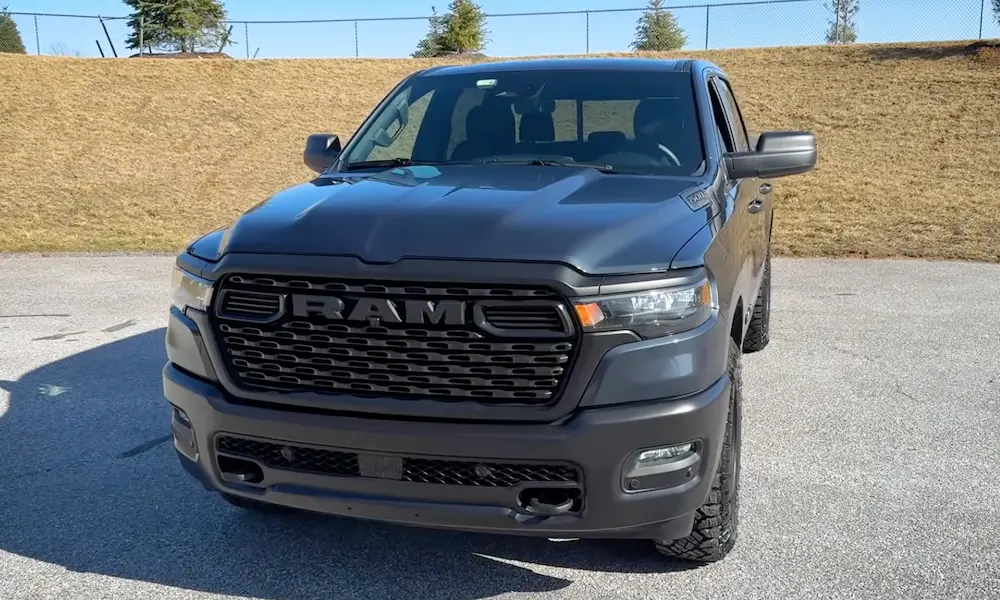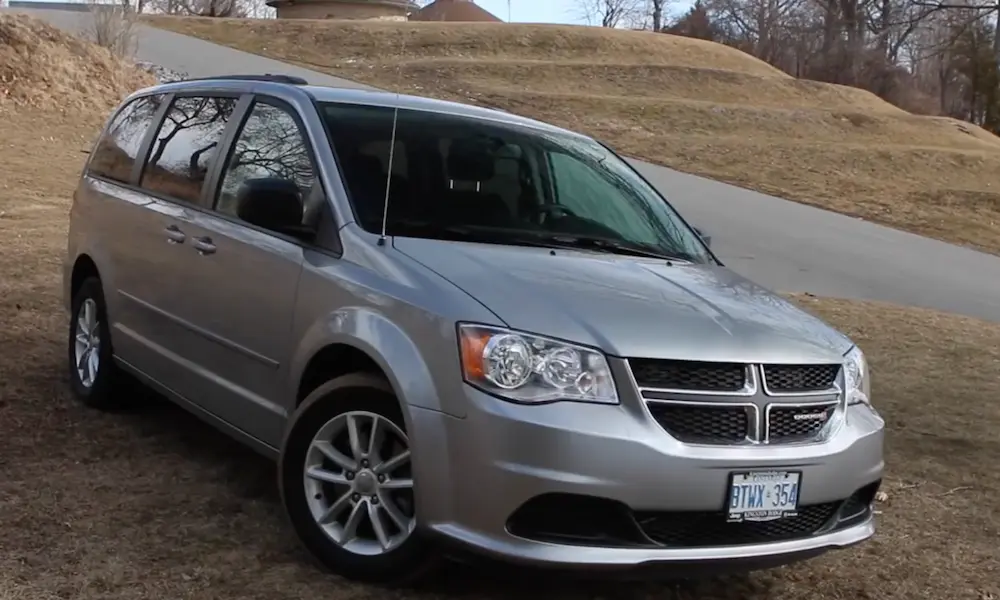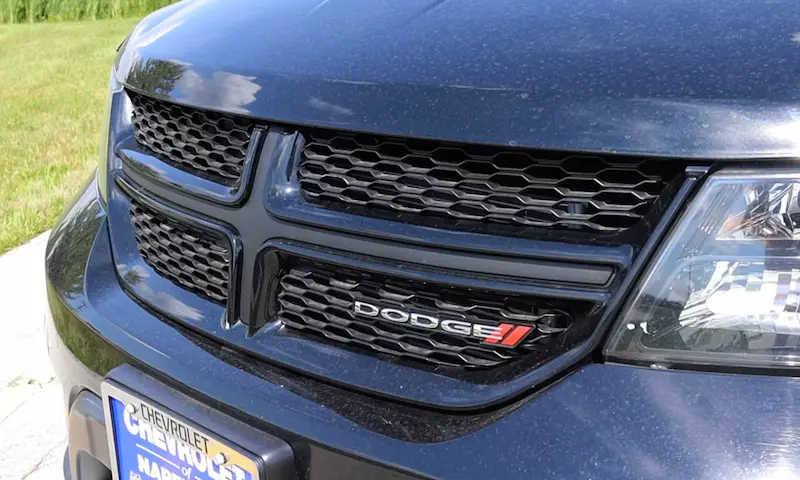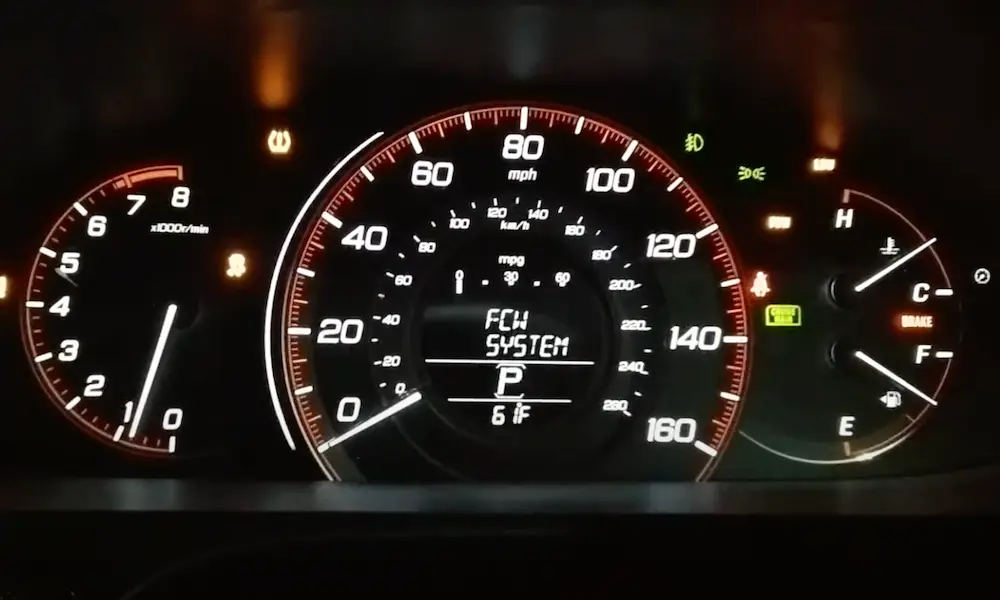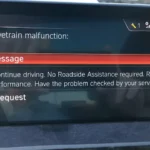Dodge Ram 1500 owners know that it’s a reliable and powerful truck, but like any vehicle, it can sometimes experience issues. One lesser-known problem with the Dodge Ram 1500 is its Powertrain Control Module (PCM) – the truck’s main computer that controls almost every function, including engine performance and transmission shifting.
When the PCM starts to have issues, you may notice poor engine performance, check engine lights, poor fuel economy, or even transmission troubles. The good news is that identifying and addressing Dodge Ram 1500 PCM problems can help keep your truck running smoothly and efficiently. By being aware of the symptoms and potential fixes, you can keep your Dodge Ram 1500 in top shape.
Common Dodge Ram 1500 PCM Problems
Check Engine Light Activation
When your Dodge Ram 1500’s PCM encounters an issue, it often activates the check engine light. This is usually accompanied by a specific error code, such as P0601, indicating issues with the PCM itself. If the check engine light comes on, you should have your truck inspected by a professional to diagnose the problem accurately.
Issues with Acceleration
A failing PCM can cause issues with acceleration. Your truck might not perform as expected, struggling to pick up speed or hesitating while trying to accelerate. This could be due to the PCM’s inability to properly control the timing of spark plugs firing or other factors affecting the engine’s performance.
Misfire and Stalling
Misfires and stalling are common signs of a malfunctioning PCM. If your truck suddenly starts to stall in the middle of driving, it could be an indication that the PCM is not functioning properly. Additionally, misfires can occur if the PCM is unable to manage the ignition timing correctly.
Poor Fuel Economy
A failing PCM can also lead to poor fuel economy, as it might not optimally control various functions within your truck, such as fuel injection and ignition timing. If you notice a sudden drop in your truck’s fuel economy, it might be due to PCM issues. Proper maintenance or replacing the PCM might help improve the fuel efficiency of your vehicle.
Transmission Issues
The PCM plays a crucial role in managing your truck’s transmission as well. If your truck exhibits erratic shifting patterns or transmission slipping, it could be indicative of a failing PCM. In such cases, addressing the issue may help restore smooth and reliable shifting.
Electrical Problems
Your truck’s PCM controls many electrical functions, such as the operation of the alternator and battery charging. If you experience electrical problems, such as dimmed headlights or intermittent failure of interior lights, it could be due to a malfunctioning PCM. It’s essential to have your truck inspected by a professional to pinpoint and fix any electrical issues that might be caused by the PCM.
Testing and Diagnosing the PCM
Sensor and Actuator Tests
To diagnose the PCM on your Dodge Ram 1500, it is essential to first test the sensors and actuators. The sensors are responsible for sending signals to the PCM, while the actuators receive commands from the PCM to control different components in your vehicle. Start by visually inspecting the connectors and wiring of these components for any physical damages or loose connections.
Next, use a multimeter to test the sensors, such as the mass airflow sensor (MAF), oxygen sensor (O2), and throttle position sensor (TPS) for proper voltage and resistance levels. This will help you determine if the issue resides within the sensors themselves or elsewhere in the system. Be sure to consult your Dodge Ram 1500’s repair manual for the correct specifications.
To test the actuators, such as the idle air control (IAC) valve, and the fuel injectors, measure the electrical resistance and actuate them manually with a scan tool to ensure proper operation. If you find any faulty components, replace them before proceeding with further tests.
Error Code Reading
Retrieving error codes is an essential part of diagnosing the PCM. Connect an OBD-II scan tool to the OBD-II port located under the dashboard. Once connected, turn on the ignition without starting the engine and wait for the scan tool to establish communication with the PCM. Proceed to read any stored error codes.
When analyzing the error codes, pay close attention to those related to the PCM, sensors, and actuators, as they can indicate specific issues within the powertrain control module system. Make note of the codes and research their definitions to better understand the potential causes of the problem.
Keep in mind that some errors may be caused by faulty sensors or wiring rather than the PCM itself. Conduct further tests to pinpoint the exact problem before determining if PCM replacement is necessary. By conducting a thorough diagnosis, you can better address the issue and get your Dodge Ram 1500 back in proper working order.
How to Fix Dodge Ram 1500 PCM Problems
Replacing the PCM
If your Dodge Ram 1500 is showing signs of PCM failure, one solution is to replace the faulty PCM. Before doing this, consider consulting a qualified mechanic to determine if the issue is indeed related to the PCM. When purchasing a new PCM, make sure to read consumer reviews and test the part thoroughly upon installation to ensure its functionality.
Ignition Timing Adjustment
Another potential solution for PCM-related issues is adjusting the ignition timing. Proper ignition timing is crucial to the overall performance and efficiency of your Dodge Ram 1500. If the ignition timing is off, it could cause problems and trigger a check engine light. To adjust the ignition timing, you may need the assistance of a qualified technician with specialized tools and equipment.
Dodge Ram PCM Reprogramming
In some cases, reprogramming the Dodge Ram PCM can resolve various issues. PCM reprogramming involves updating the software in your vehicle’s on-board computer. This process might require specialized tools and expertise, so it is recommended to consult your local dealership or a qualified mechanic.
PCM Reset
A simple PCM reset might be enough to solve certain issues related to the Powertrain Control Module. This process involves disconnecting the battery for a short period to clear any error codes and reset the PCM’s memory. Before attempting a PCM reset, consult your vehicle’s owner’s manual for specific instructions and safety precautions. Keep in mind that a PCM reset might be a temporary solution and not address the root cause of the problem.
Conclusion
In dealing with Dodge Ram 1500 PCM problems, it’s important to stay informed about the common issues and be proactive in addressing them. Pay close attention to the symptoms such as check engine light, stalling, or transmission issues.
To maintain the longevity and performance of your truck, regular checkups and maintenance will help you catch issues early on. Always consult a professional mechanic when dealing with PCM problems to ensure proper diagnosis and repair.
By taking care of your Dodge Ram 1500’s PCM, you are investing time and effort into keeping your vehicle running optimally, allowing you to enjoy the power and style it offers for years to come.





